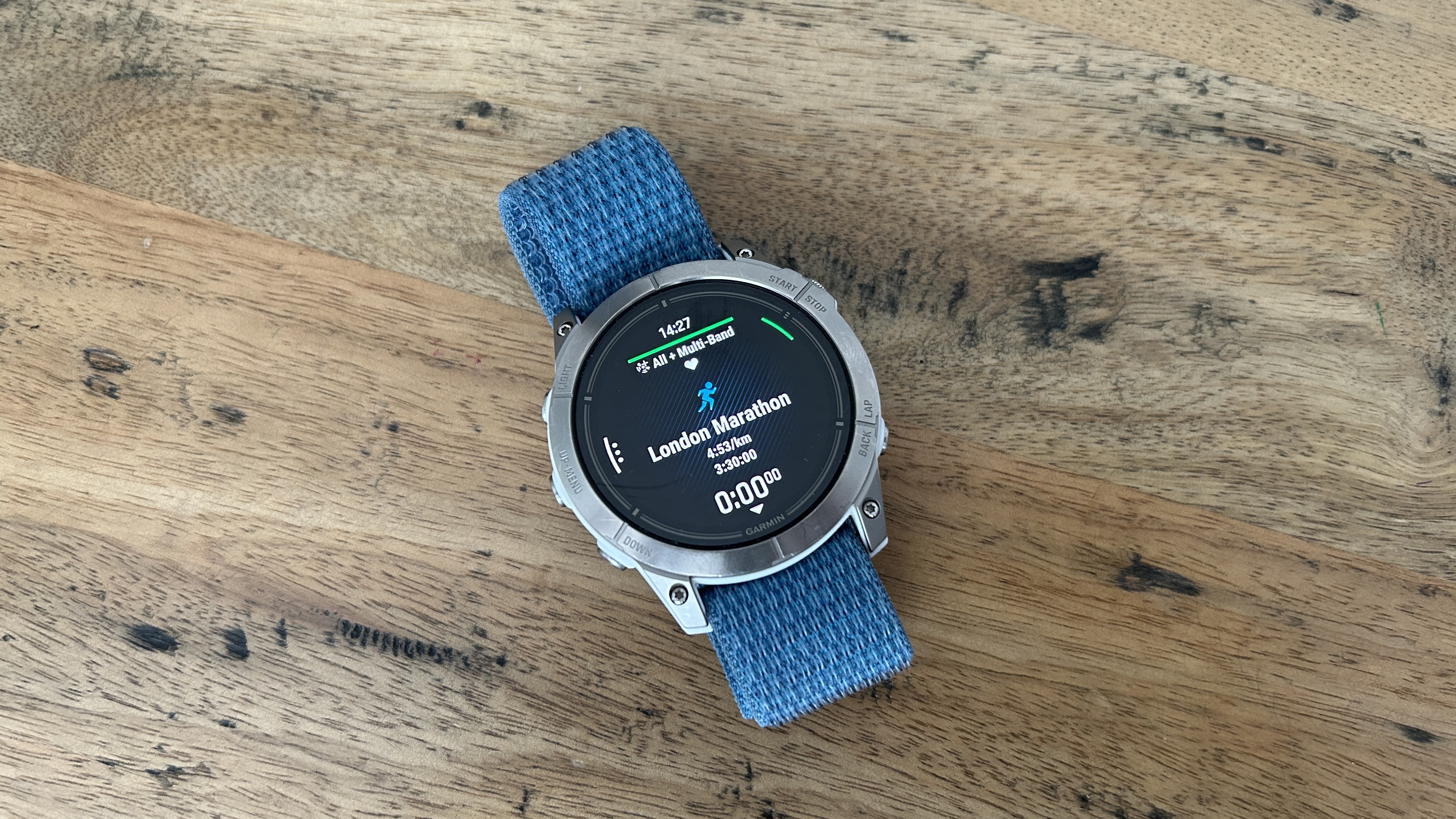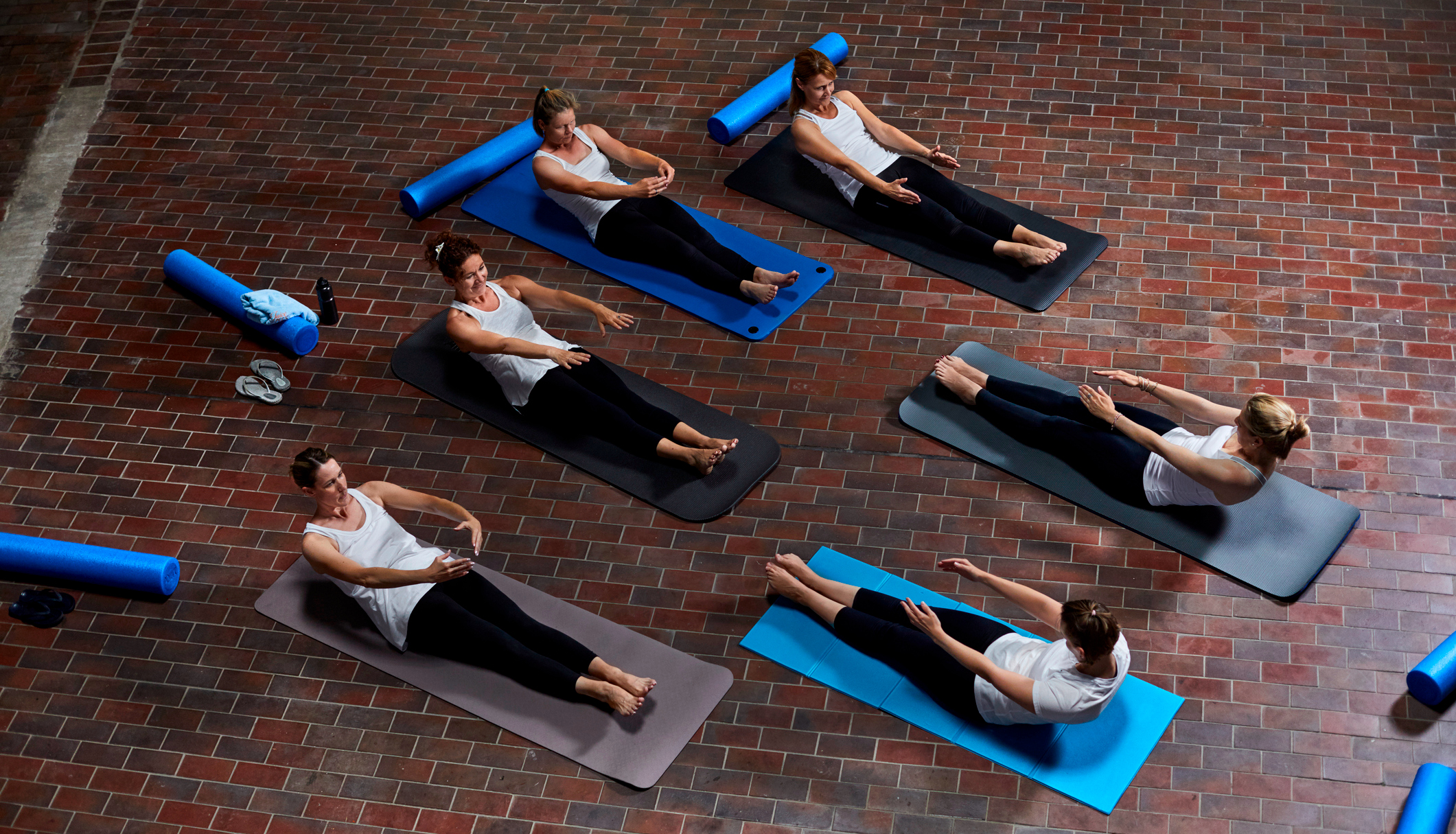Do You Need A Multivitamin? We Asked A Dietitian
A balanced diet wins the day when it comes to getting your vitamins

It’s a question almost as old as time. Is taking multivitamins a handy shortcut to better health, or merely the fast track to expensive urine?
The issue was raised again this week after the Australian Medical Association president Michael Gannon made his feelings on the subject clear in an interview with the ABC.
“What a lot of Australians have is very expensive urine,” said Gannon. “What you need is a good diet. You’re pissing the money down the toilet for no benefit.”
The number of Brits who take vitamins or supplements continues to rise, with a 2016 report from consumer research company Mintel showing that 46% of adults used them daily and 65% took them daily or occasionally.
According to the straight-talking Dr Gannon, this is pointless. But we thought we’d check with a dietitian, just in case there was some wild difference between advice in Australia and in the UK. So here’s British dietitian Michelle McGuinness on whether there’s any point to the average person taking multivitamins.
“In short, no.”
Well that about covers… wait, there’s more.
Get the Coach Newsletter
Sign up for workout ideas, training advice, reviews of the latest gear and more.
“For the vast majority of people in the UK, they can achieve their nutritional requirements from a balanced diet,” says McGuinness.
“Multivitamins can often be perceived as a shortcut to achieving ‘optimal health”’ – however, this is not the case. Food should always be the preferred source of nutrition as not only does it provide you with essential vitamins, minerals and nutrients, but it also offers other elements such as fibre, which is essential for healthy gut function. These benefits cannot be obtained from multivitamin supplements.
“The evidence for the benefits of taking a multivitamins is generally weak. And in the case of vitamins and minerals more is not always better. In some cases, over-supplementing can be dangerous.”
See related
- Why You Should Trust Nutrition Advice From Dietitians
- The Best Supplements To Consider Taking (And The Ones To Avoid)
- The Best Vitamin D Supplements And Vitamin D Explained
Undeterred, we also asked the question that really gets to the root of the matter for most of us: if you’ve had a bad day and just eaten junk food, is it worth popping a multivitamin to make up for your poor dietary decisions?
“Taking a multivitamin would not rectify a bad day’s diet,” says McGuinness. “There would be no real benefit in taking a multivitamin for this reason if your diet is generally well balanced and varied.
“Vitamin or mineral deficiency occurs over a prolonged period of poor nutrition or impaired digestion and should be diagnosed by a health professional. So in terms of your health we always encourage people to look at their diet overall, rather than an isolated or one-off day.”
So much for saving the day with a late-night multivitamin. However, there is the odd situation where supplements are of use, especially in the sunshine-starved UK winter.
“The Department of Health does not recommend the use of multivitamins specifically,” says Michelle.
“However they do recommend vitamin or mineral-specific supplementation to certain population groups who are deemed at risk. For example, 400 micrograms of folic acid is recommended daily for women who are trying to conceive and who are in the first 12 weeks of pregnancy.
“A more recent recommendation is that adults and children over the age of one should consider taking a daily supplement of 10 micrograms of vitamin D, especially during autumn and winter.”

Nick Harris-Fry is a journalist who has been covering health and fitness since 2015. Nick is an avid runner, covering 70-110km a week, which gives him ample opportunity to test a wide range of running shoes and running gear. He is also the chief tester for fitness trackers and running watches, treadmills and exercise bikes, and workout headphones.









